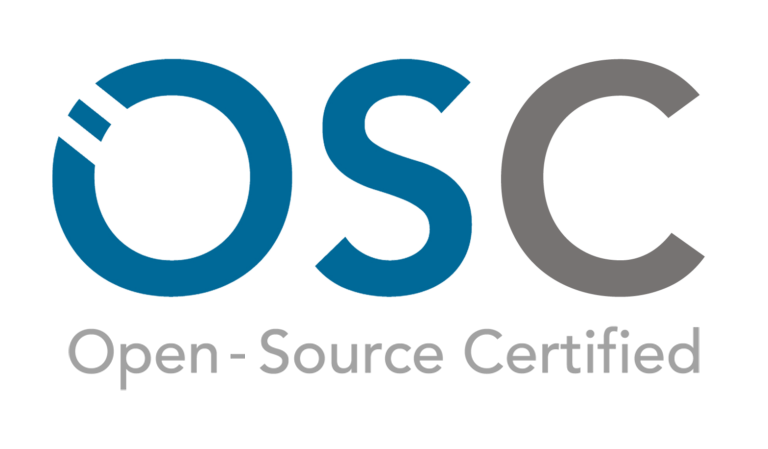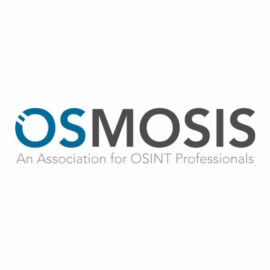🔓Open-Source Certified (OSC): Shaping the Future of OSINT Through Certification
What is OSINT?
OSINT is the practice of gathering information from publicly available sources to analyze and interpret. Some common sources include social media, news media, property records, and websites. OSINT plays a crucial role in investigations and decision-making. Individuals using open-source range from law enforcement to cybersecurity professionals.

Open-Source Certified
I recently took the Open-Source Certified (OSC) examination by the OSMOSIS Institute, and this article is my personal review of the exam experience and content.
I had the opportunity to be a beta tester for the exam and provide feedback. (Spoiler: it’s an awesome step forward for our field.)
Preparation
I will start by saying that a study guide is currently being created for the exam. The exam is still in its early stages, and the OSMOSIS Institute has done a wonderful job of considering the feedback provided by the beta testers.
Now, you're probably wondering how I personally prepared for the exam. I had the wonderful advantage of attending the OSINT Academy in the late Fall of 2023. That is a unique story that I will share in my next article. (Trust me, it deserves its own article!) It's important to share that I also have a criminal justice background that has engrained in me the importance of ethics.
Why is this important? Oh! It is!
📚 Update: Study Materials I Recommend
Although there’s no official OSC study guide yet, here are a few books I personally recommend to help you prep:
- OSINT Techniques by Michael Bazzell
- OSINT: The Authoritative Guide to Due Diligence by Cynthia Hetherington
- Deep Dive: Exploring the Real-World Value of Open Source Intelligence by Rae Baker
- The Berkeley Protocol on Digital Open Source Investigations
Okay, so who is this certification for?
This exam is ideal for those beginning their OSINT journey. There’s a lot of content out there — free courses, paid courses, tool overload — but if you want to stand out, this certification helps establish that you're serious about the work.
Being an OSINT Analyst isn’t just about finding cool things online. It's a profession. You need to remain in legal compliance, maintain integrity, and eliminate bias in your work.
Requirements
To sit for the OSC exam, OSMOSIS Institute requires that you’ve completed at least 75 hours of practical OSINT work in the past year.
This can be full-time, part-time, volunteer, or through an apprenticeship.
If you’re not already an OSMOSIS member (it’s free to join), you’ll need to sign an ethics statement before taking the exam.
The Exam
Here’s what to expect:
- 100 multiple-choice questions
- 90 minutes to complete
- 70% required to pass
- $200 (virtual or in-person)
🌟 Pro tip: Keep an eye out — I’ve seen opportunities for free exam vouchers pop up from time to time!)
Final Thoughts
If I’m being honest, I probably could’ve done a little more reviewing beforehand. I didn’t know what to expect, and this was my first official OSINT certification exam. I tend to imagine the worst-case scenario before any test. If that sounds like you — just know you’re not alone. I’m incredibly grateful I took the leap. Earning the Open-Source Certified credential is more than a personal win — it’s a step toward professionalizing what we do.
OSINT Analysts are more than digital detectives — we are ethical professionals with a responsibility to do it right.
If you’re serious about OSINT, I truly recommend giving this exam a shot.
To learn more about the Open-Source Certified exam, visit:



